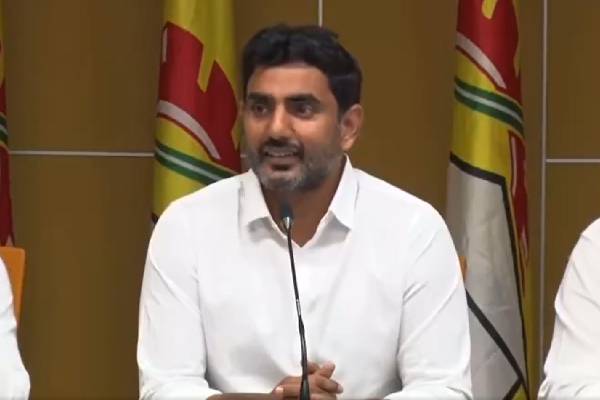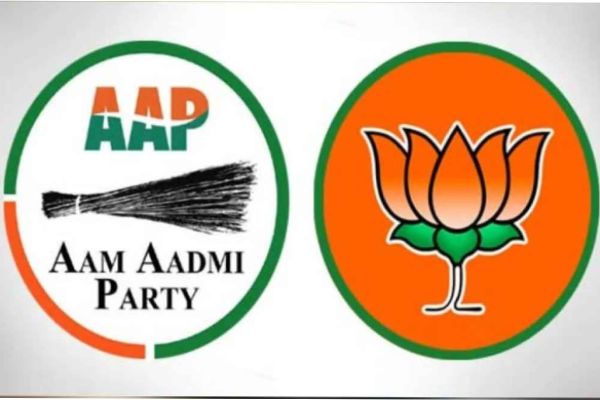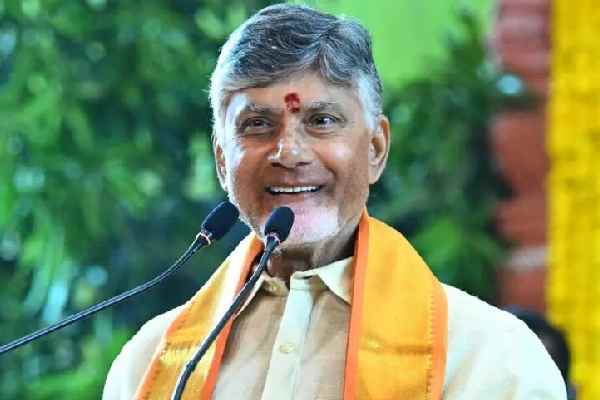The Aam Aadmi Party (AAP), led by Arvind Kejriwal, has suffered a significant defeat in the Delhi elections after a decade of dominance. The Bharatiya Janata Party (BJP) is on track for a massive victory, marking its return to power in Delhi after 26 years. Meanwhile, the Congress party has faced yet another disappointing performance, failing to secure a single seat for the third consecutive time.
Three hours into vote counting, the BJP was leading in 48 out of 70 seats, while AAP trailed with 22. The Congress party failed to make any impact, continuing its losing streak. AAP’s top leaders, including convenor Arvind Kejriwal and former deputy chief minister Manish Sisodia, lost their seats in New Delhi and Jangpura constituencies. However, Chief Minister Atishi managed to secure a victory in Kalkaji, defeating BJP’s Ramesh Bidhuri.
Exit polls, which had predicted a BJP victory, proved accurate this time. AAP, which has governed Delhi since 2015, faced multiple challenges, including allegations related to the Delhi liquor policy case. Both Kejriwal and Sisodia spent months in jail over the controversy. Additionally, the BJP criticized AAP for extravagant spending on the Chief Minister’s official residence, dubbed the “Sheesh Mahal,” which featured luxury amenities like a jacuzzi and gold-plated toilets.
Kejriwal recently accused the BJP of attempting to poach AAP MLAs by offering them money and ministerial positions. The Anti-Corruption Branch (ACB) visited Kejriwal’s residence to investigate these claims, but he refused to meet the officials. Delhi Lieutenant Governor VK Saxena, appointed by the central government, ordered a probe into the allegations. The BJP, however, demanded an apology from AAP and threatened legal action if the accusations were not withdrawn.
AAP rose to prominence in 2015, winning 67 out of 70 seats and ending the dominance of both BJP and Congress. It repeated its success in 2020 by securing 62 seats. However, recent controversies and internal challenges have significantly impacted its performance, leading to this electoral setback.
The Telugu Desam Party (TDP) also played a role in the election campaign by sending Dr. Chandra Sekhar Pemmasani, a physician and politician, to support the BJP’s efforts. Dr. Pemmasani, who currently serves as the Minister of State for Rural Development and Communications, actively participated in the campaign, adding momentum to the BJP’s push for victory.
This election marks a turning point in Delhi’s political landscape, with the BJP poised to reclaim power after a 1993.

































